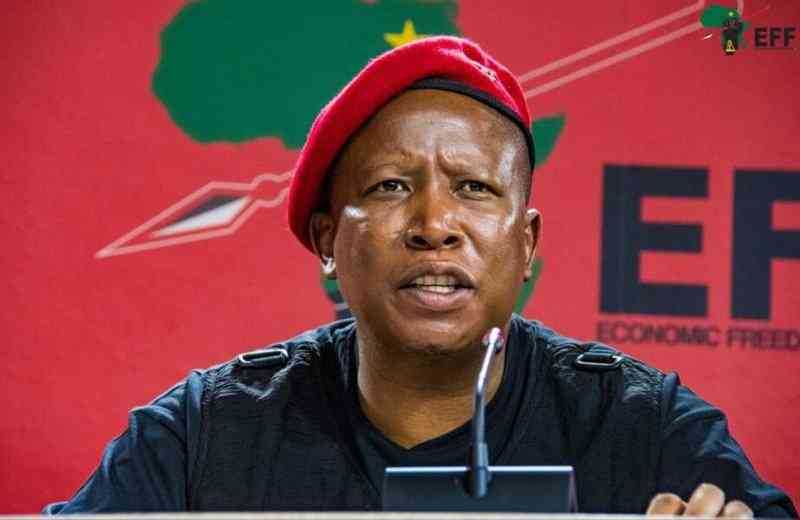
By LOL News
A Political analyst said Julius Malema's call for Zimbabweans in South Africa to seek employment in their home country signals a policy shift to align the Economic Freedom Fighters (EFF) with the aspirations and interests of the majority of South Africans.
Addressing supporters at an EFF rally in Seshego, Limpopo, over the weekend, Malema stressed that South Africans must be prioritised for job opportunities, particularly within local municipalities.
Malema emphasised that while Zimbabweans are welcome in South Africa, it is unjust for locals to be sidelined in their communities.
"When we say we want jobs where we pay for services, we are not saying we don't want Zimbabweans. We are saying we should be given first preference before everyone else to get jobs," Malema said.
“We don't disagree that Zimbabweans should be given jobs, but they should be given jobs in their municipalities in Harare and other areas, so we have opportunities to get jobs in our municipalities.”
Malema’s remarks come amid ongoing controversy in the Polokwane Municipality, where Mayor John Mpe has been accused of awarding tenders to foreign-owned companies, including one allegedly linked to a Zimbabwean partner of municipal manager Thuso Nemugumoni.
Mpe denied the allegations and defended the municipality's procurement processes, stating that there is nothing unlawful about awarding tenders to foreign-owned companies if they comply with the law.
Kenneth Mokgatlhe, a political analyst and commentator, weighed in on the apparent EFF policy shift: "Although this is not the first time Malema made similar remarks regarding the Zimbabwean question, this was the most direct address from him to them. In the past, he would tell them to go and vote to fix their situation."
"He and his party had previously claimed that foreigners are not really 'stealing jobs' from South Africans. We now know from [former EFF deputy Floyd] Shivambu that Malema did not engage his fellow executives on the immigration policy, which was responsible for their electoral decline in the past general elections."
Mokgatlhe said that there were now more voices which many disgruntled South Africans are associating with against illegal immigration.
"For you to stay relevant and speak to the issues affecting the electorate, you have to tell them what they want to hear. He knows that he fumbled, but his ego won't let him come to the public and acknowledge weakness on his side," Mokgatlhe said.
"He would rather silently make a policy shift to align his party with the aspirations and interests of the majority of South Africans. The EFF will not afford to ignore or speak against its citizens because immigration is one of the immediate global challenges for most countries that are stable in the world."
Related Stories
However, Malema insisted that government projects funded by taxpayers must benefit South Africans first.
His comments take on greater significance against the backdrop of South Africa’s staggering youth unemployment crisis.
According to recent statistics, 62.4% of young people aged 15 to 24 are unemployed, with the broader youth unemployment rate for those aged 15 to 34 sitting at 46.1%. For the 25 to 34 age group, the unemployment rate is 40.4%.
These figures, which have steadily worsened over the past decade, have raised alarms among economists and labour experts, who warn that the country is facing a generation excluded from economic participation.
Malema said that it is unacceptable for South Africans to remain jobless while foreign nationals receive tenders and employment through municipal structures. He urged communities to resist and question such decisions and to demand accountability from local leaders.
His latest comments signal a shift from his earlier stance on foreign nationals and open border policy.
In 2022, Malema had defended the right of Zimbabweans to work in South Africa, while still calling for locals to be prioritised.
“We want Zimbabweans to work in SA. They should make no apologies about hiring Zimbabweans or any other African brother or sister. But they must be considerate that there are locals who must at all times be given preference,” he said at the time.
In previous years, Malema has also spoken out against xenophobia and expressed support for Pan-African unity.
During a Heritage Day address in 2022, he urged South Africans not to discriminate against Zimbabweans or other African migrants.
“We must never speak about heritage but refuse to want Zimbabweans or any person from another African country. You will see a Zimbabwean and see an African - this is my brother, this is my sister,” he said.
He also encouraged Zimbabwean nationals in South Africa to participate in their country’s democratic process, even offering buses to transport them home to vote. Malema went as far as urging Zimbabweans to vote out the ruling ZANU-PF party, which he accused of plunging the country into economic ruin.
However, another political commentator, Anda Mbikwana, cautioned: "While political leaders often express their views within the broader context of national policy and sovereignty, such statements must be approached with both sensitivity and a commitment to regional unity.
"Migration across our borders is a complex issue, rooted in economic, social, and historical dynamics that require thoughtful, humane, and collaborative solutions," Mbikwana said.
"Any discourse on the matter should avoid fuelling division or xenophobia and instead focus on sustainable development, mutual support, and inclusive growth across the region."










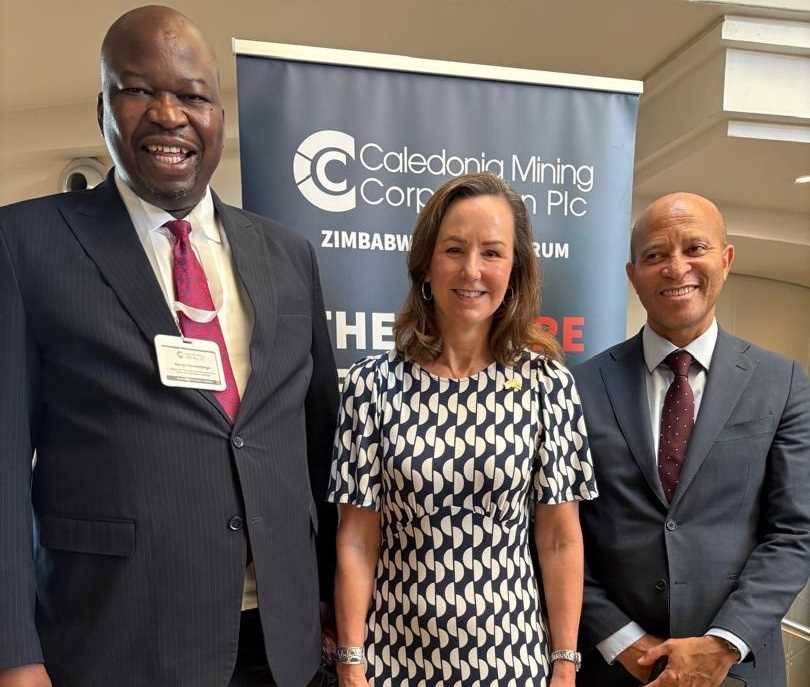
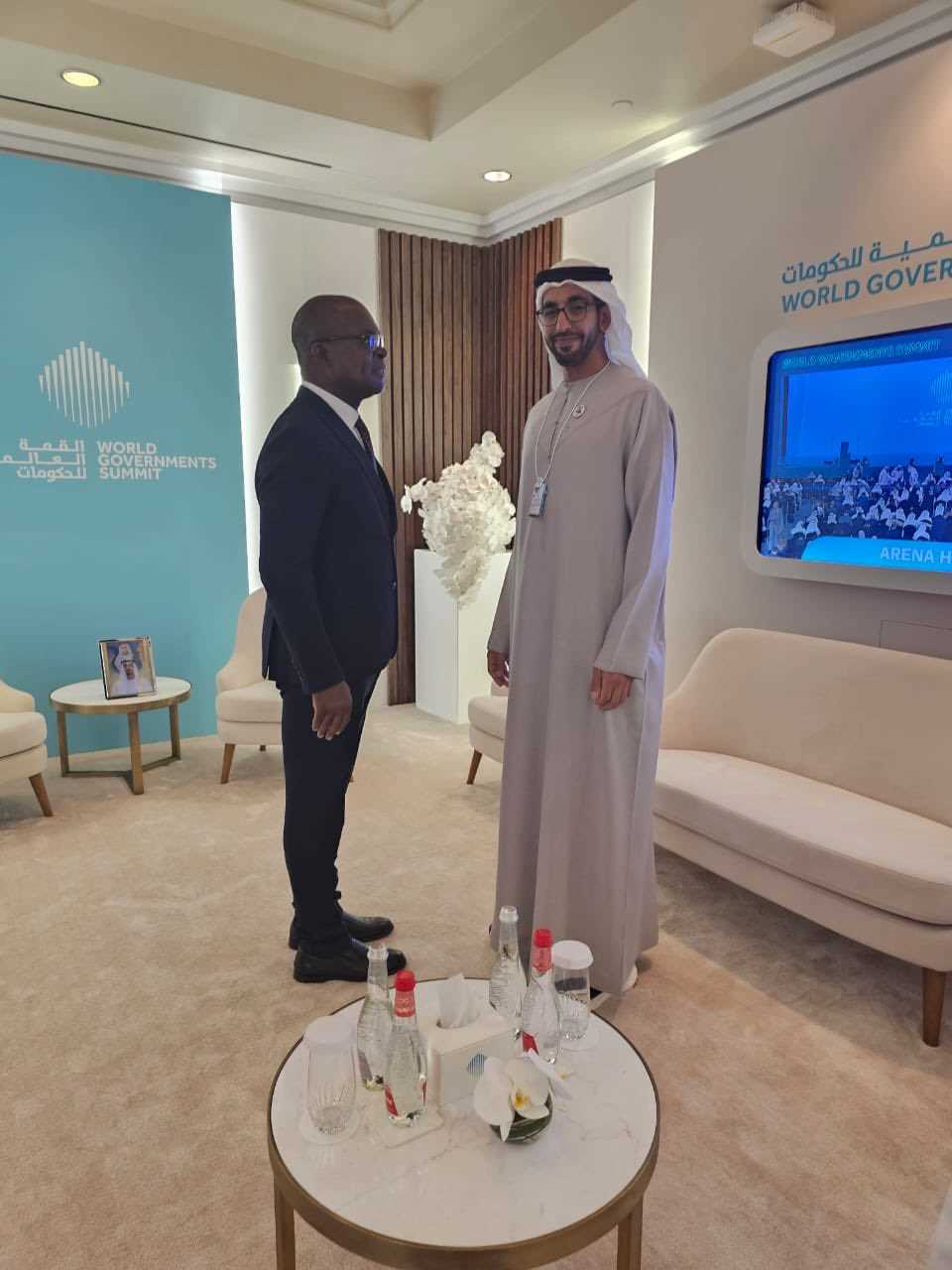
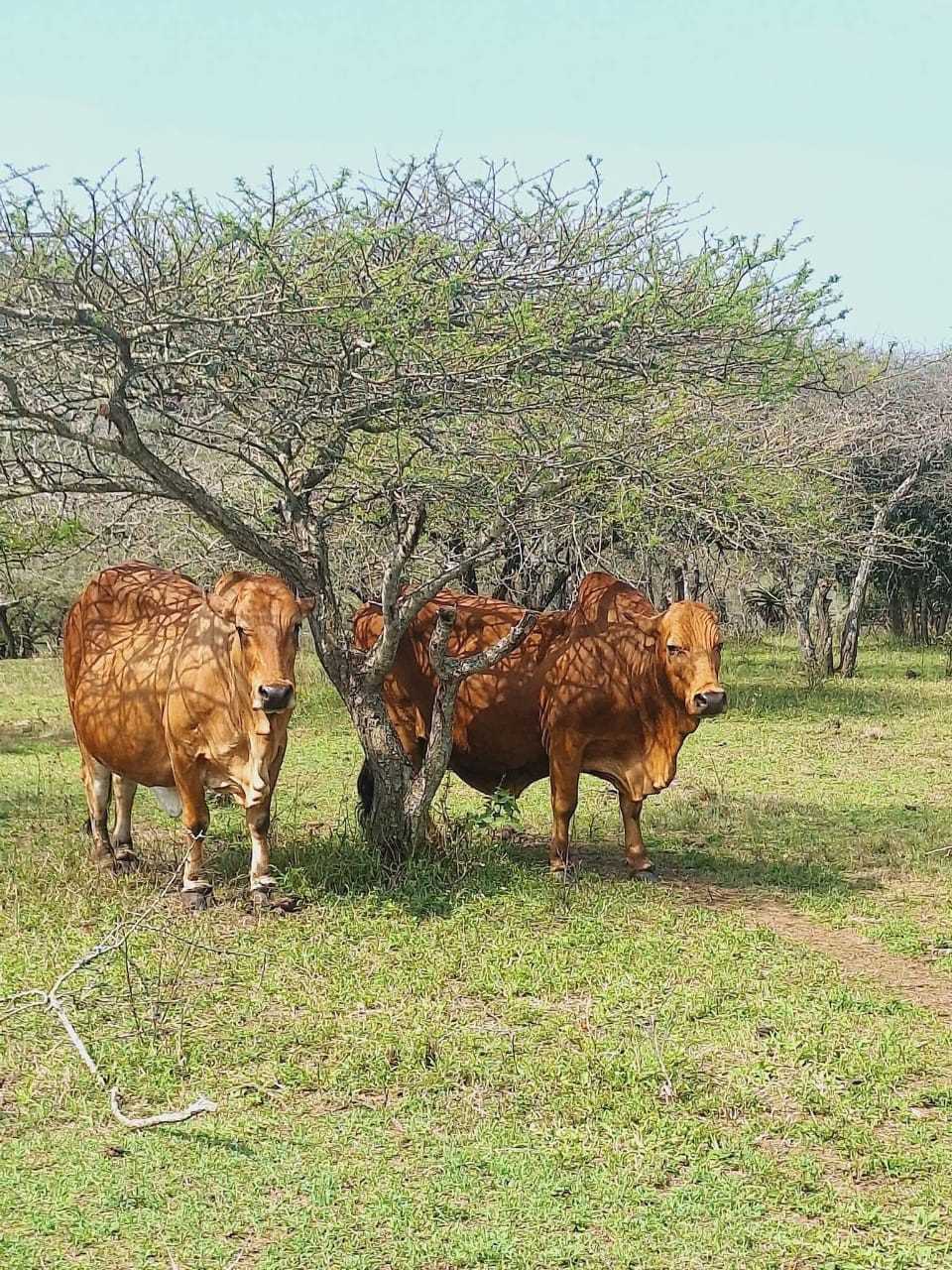

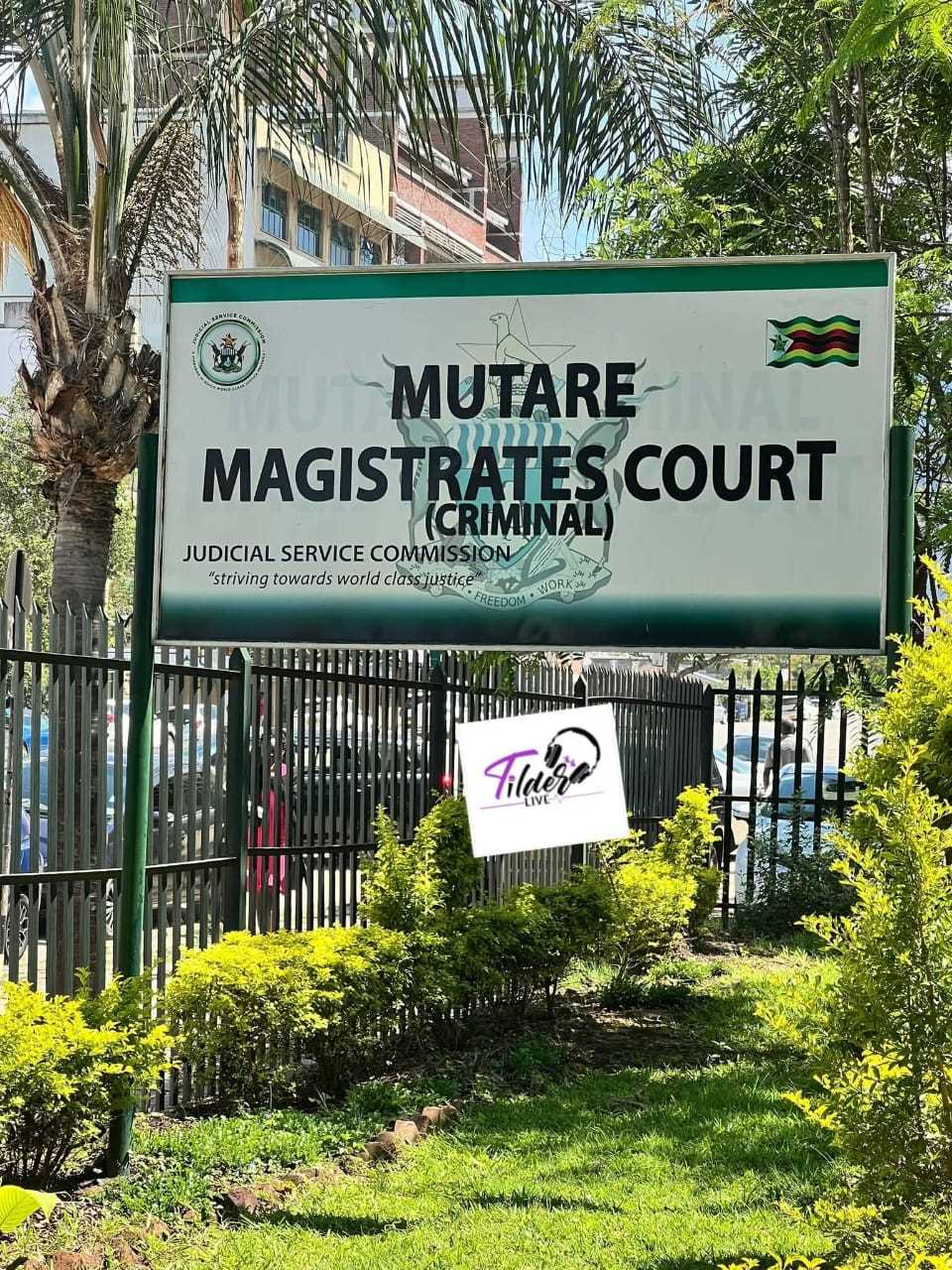
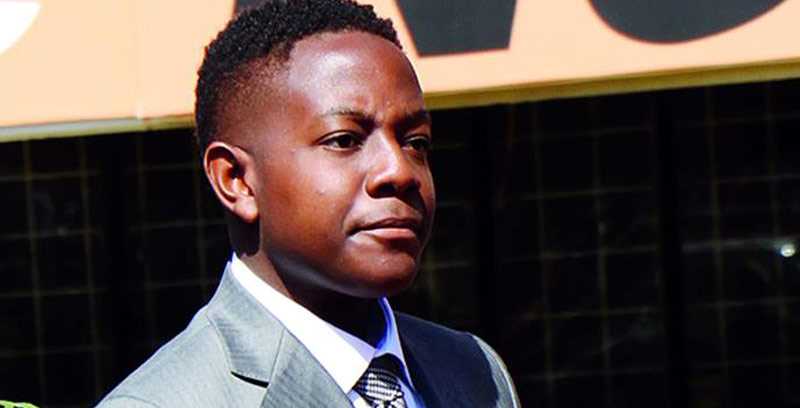
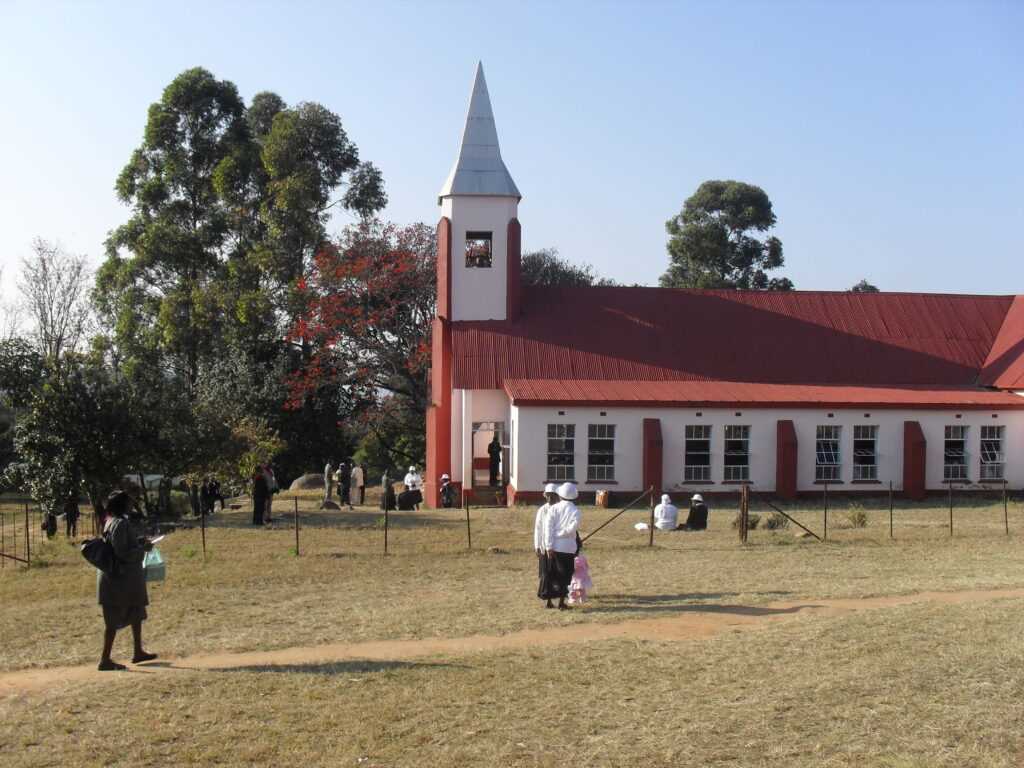



Leave Comments